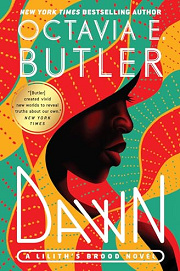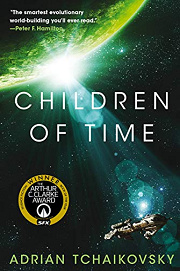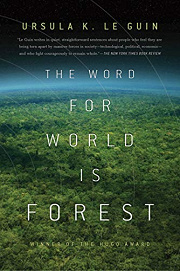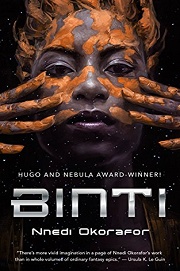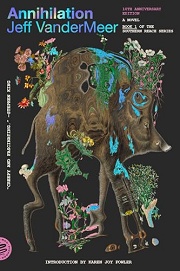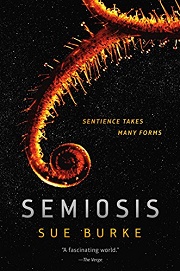Share your thoughts in a quick Shelf Talk!
Dawn by Octavia E. Butler
After humanity’s near-extinction, an alien species offers salvation—at a price that could transform what it means to be human. One woman awakens to negotiate survival, consent, and identity aboard a living ship. Dawn is a profound, unsettling first contact novel that challenges every assumption about power and rebirth.
Have you read this book? Share what you liked (or didn’t), and we’ll use your answers to recommend your next favorite read!
Love Dawn but not sure what to read next?
These picks are popular with readers who enjoyed this book. Complete a quick Shelf Talk to get recommendations made just for you! Warning: possible spoilers for Dawn below.
In Dawn, did you enjoy ...
... meticulously imagined nonhuman civilization evolving alongside uneasy human survivors?
Children Of Time by Adrian Tchaikovsky
If what hooked you in Dawn was Lilith’s negotiation with the Oankali—learning to read their biology, customs, and motives—then you’ll love how Children of Time builds an entire arachnid society from the ground up. As the human arkship Gilgamesh limps through space (much like Lilith’s cohort awakening to an altered fate), the novel tracks Portia and her spider kin developing language, tools, and ethics. The cross-species encounter culminates in a tense, thoughtful first contact that echoes Lilith and Nikanj’s fraught trust-building and the challenge of communicating across truly alien minds.
... the collision of colonization, resistance, and cultural assimilation under off-world occupation?
The Word For World Is Forest by Ursula K. Le Guin
In Dawn, the Oankali’s "trade" tests the line between salvation and domination, much like Lilith’s struggle to lead other humans while doubting the terms of their rescue. Le Guin’s novella puts that tension front and center: on Athshe, the native Selver resists human exploitation led by the brutal Davidson. As in Lilith’s uneasy role between captors and her own people, mediation and revolt collide here—raising the same hard questions about who gets to decide a future, and at what moral cost.
... bodily transformation, consent, and peacemaking through alien tech and culture?
Binti by Nnedi Okorafor
If Nikanj’s genetic interventions and the Oankali’s bio-tech unsettled and fascinated you, Binti offers a similarly intimate, ethical dilemma. Binti leaves home for Oomza Uni, is caught between humans and the Meduse, and undergoes a profound physical change that enables communication—much like Lilith’s enhancements aboard the living ship. The fragile truce Binti brokers with Okwu mirrors Lilith’s attempts to win trust without surrendering her humanity.
... a claustrophobic, identity-testing encounter with an inhuman environment?
Annihilation by Jeff VanderMeer
Like Dawn’s early chapters—Lilith waking alone, tested and remade by forces she barely understands—Annihilation burrows into the psyche. The Biologist’s expedition into Area X, the hypnotic control of the Psychologist, and the descent into the “tower” mirror the disorientation and self-reassembly Lilith undergoes in captivity with the Oankali. It’s the same eerie intimacy: you’re inside a mind adapting—or not—to an alien logic.
... the hard compromises of building a life under an intelligent, symbiotic alien ecology?
Semiosis by Sue Burke
If you were gripped by Lilith’s mission to shepherd humans back to a changed Earth and survive under Oankali terms, Semiosis tracks generations of colonists learning to live with Stevland, a sapient plant that can help—or destroy—them. Like Lilith training sleepers for a dangerous rebirth, these settlers negotiate food, shelter, and safety through uneasy alliances, discovering that endurance demands both humility and hard choices.
Unlock your personalized book recommendations! Just take a quick Shelf Talk for Dawn by Octavia E. Butler. It’s only a few questions and takes less than a minute.
